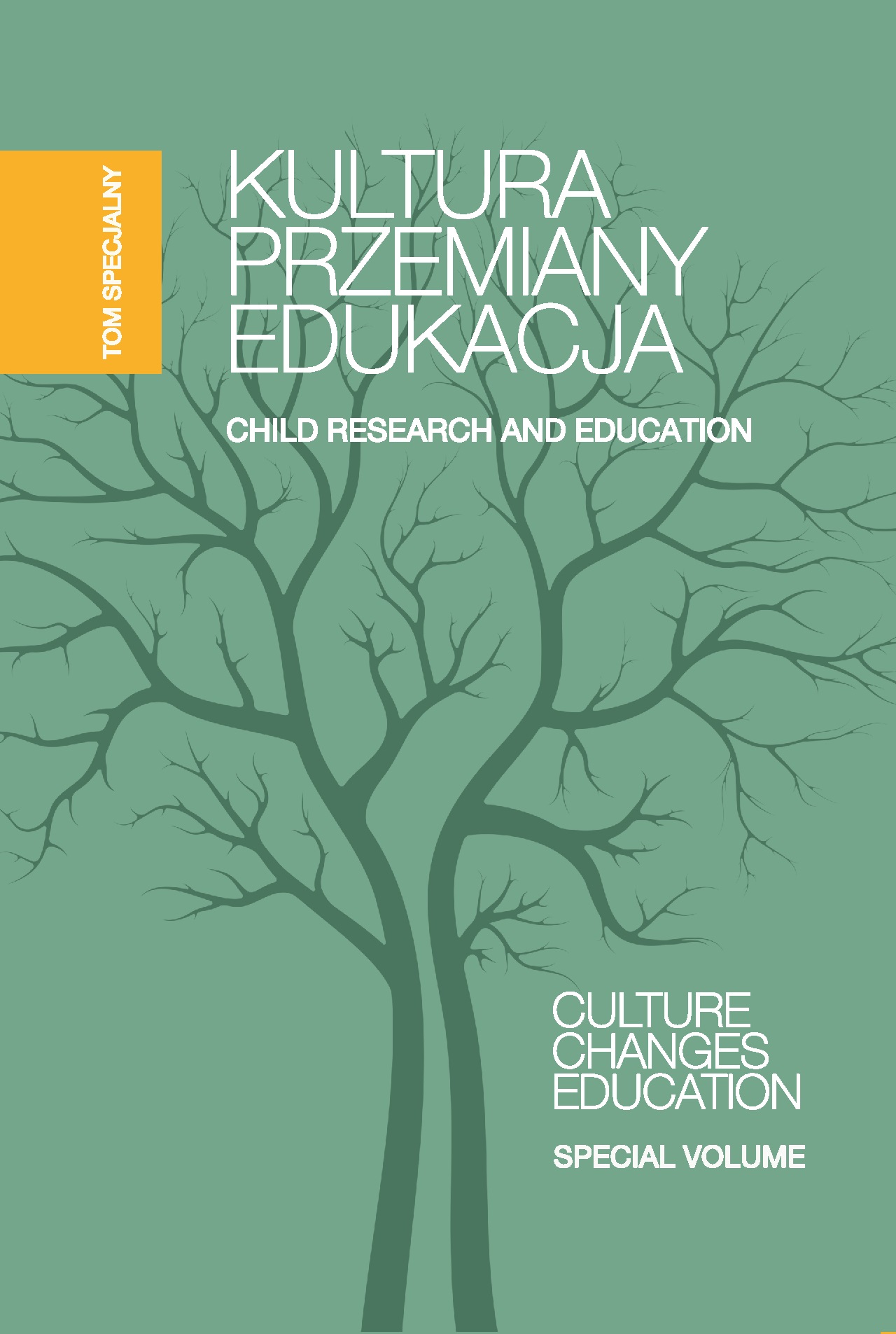Motivational and emotional determinants of effective learning to read in early childhood
DOI:
https://doi.org/10.15584/kpe.spec.crae.2024.8Keywords:
motivations, emotions, alternative methods of learning to read, early readingAbstract
Individualization in the teaching and educational process encourages taking personalized actions. One of the most important educational activities is learning to read. This extra-curricular project was undertaken by kindergarten teachers from the Lower Silesian Voivodeship.
Experimental research conducted in several institutions was aimed not only at assessing the effectiveness of alternative methods of learning to read but mainly at identifying the factors that motivate a child to learn and determining the importance of the emotional states that accompany this process. The undertaken research problem was expressed by a question about the quality of psychological conditions in learning to read, motivation and emotions during the learning process. The observation method and a questionnaire addressed to parents were used to achieve the research goal.
The analysis of research results shows that the motivation of parents and children increases in proportion to the level of learning effectiveness and reaches 80%. Reading in kindergarten motivates to continue reading at home, as indicated by 78% of respondents. Parents are even demanding that educational materials be made available so that they can teach their children at home. They also indicate the possibility of strengthening the emotional bond with the child during joint exposure to the text.
Therefore, it is worth taking actions that motivate effort. It is postulated to make the course of tasks more attractive, which involves effort and tedious, multiple repetitions. Internal motivational mechanisms can be activated by, among others, creating: a friendly atmosphere. The culmination of undertaken activities should be an action motive, which is expressed in reading on the child's initiative.
To sum up, it can be said that motivating a child to learn in an atmosphere of friendship and joy promotes effectiveness in early learning to read.
Downloads
References
Baley S., Psychologia wychowawcza w zarysie, Warszawa 1958.
Brophy J., Motywowanie uczniów do nauki, Warszawa 2007.
Ekman P., Emocje ujawnione, Gliwice 2021.
Przetacznikowa M., Rozwój uczuciowy i społeczny [w:] Psychologia rozwojowa dzieci i młodzieży, red. M. Żebrowska, Warszawa 1977.
Thorndike E.L., The Law of Effect, „The American Journal of Psychology” 1927, vol. 39, no. 1/4.
Downloads
Published
How to Cite
Issue
Section
License
Copyright (c) 2024 KULTURA – PRZEMIANY – EDUKACJA

This work is licensed under a Creative Commons Attribution-NoDerivatives 4.0 International License.


